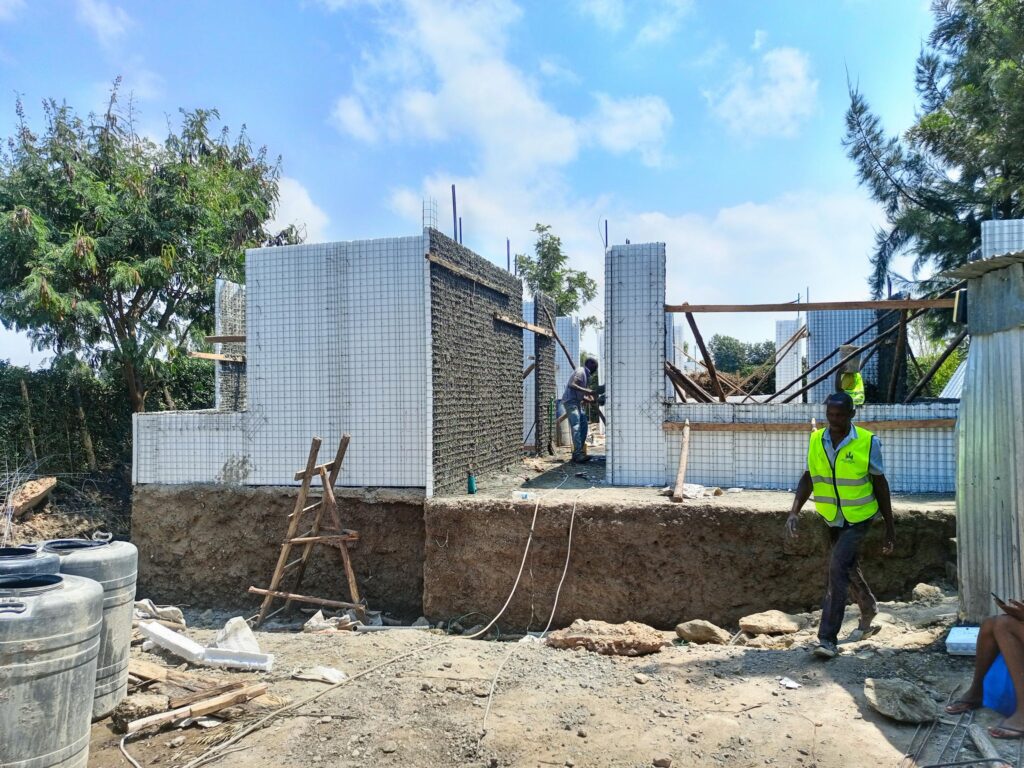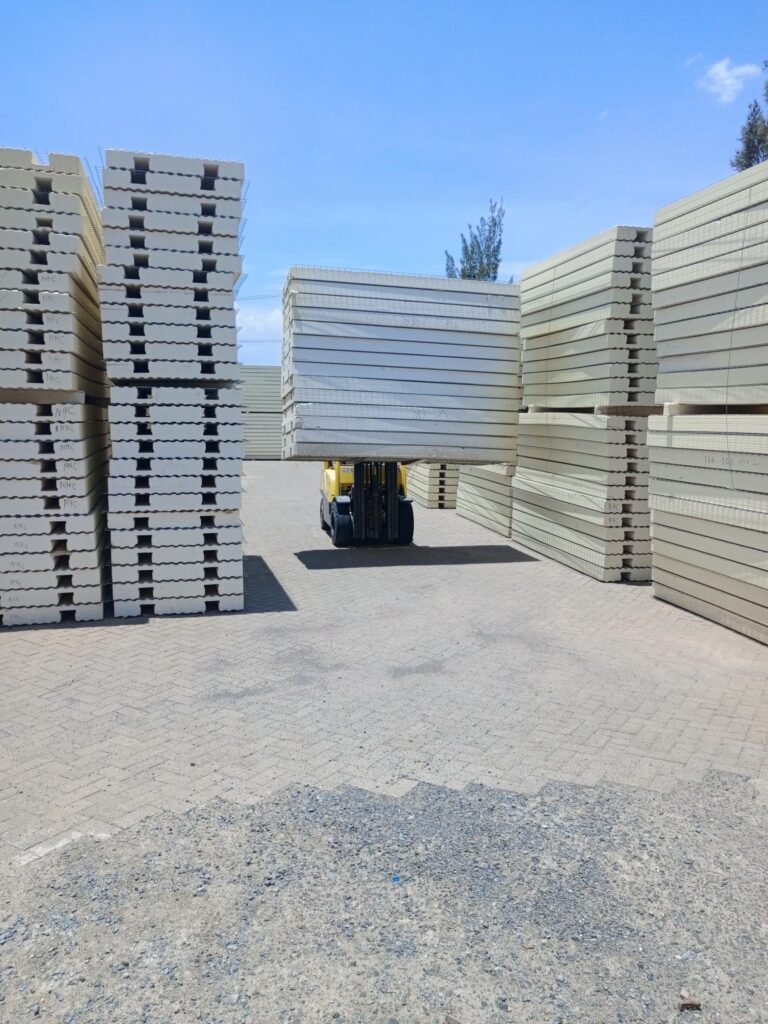In the world of construction, finding innovative materials that offer both performance and cost-effectiveness is crucial. According to Construction Kenya, Expanded Polystyrene (EPS) panels have emerged as a game-changing technology, revolutionizing the way buildings are constructed.
With their lightweight nature, thermal insulation properties, and structural integrity, EPS panels have become a popular choice in residential and commercial construction projects. In this blog, we will explore the advantages and applications of EPS panels and how they are transforming the construction industry.

Advantages of EPS Panels
1. Lightweight Construction
One of the key advantages of EPS panels is their lightweight nature. Compared to traditional construction materials, such as concrete or brick, EPS panels significantly reduce the weight of the structure. This characteristic not only simplifies transportation and installation but also reduces the overall load on the foundation, leading to potential cost savings.

2. Excellent Thermal Insulation
EPS panels are known for their exceptional thermal insulation properties. The closed-cell structure of EPS provides an effective barrier against heat transfer, minimizing energy loss and maintaining a comfortable indoor environment.
The insulation properties of EPS panels contribute to energy efficiency, reducing heating and cooling costs and creating sustainable buildings.
3. Structural Soundness
Despite their lightweight composition, EPS panels exhibit remarkable structural integrity. The combination of Expanded Polystyrene (EPS) blocks and high tensile steel wire mesh creates a three-dimensional hyper-static composite.
This unique construction method results in panels with high load-bearing capacity, ensuring stability and durability in construction projects.
4. Water and Vapor Barrier
EPS panels act as an absolute water and vapor barrier, protecting the building from moisture-related issues. The closed-cell structure of EPS prevents water absorption and minimizes vapor permeability, reducing the risk of mold growth, rotting, and other structural damages caused by moisture infiltration.
5. Fast and Cost-Effective Construction
EPS panels streamline the construction process, resulting in faster and more cost-effective projects. The lightweight nature of the panels simplifies handling and installation, reducing labor costs and construction time.
Additionally, the use of EPS panels eliminates the need for extensive formwork and reduces the quantity of concrete and steel reinforcement required, resulting in significant cost savings.
Applications of EPS Panels
Residential Construction
EPS panels are widely used in residential construction, including the construction of single-family homes, apartments, and affordable housing projects. The lightweight nature of EPS panels makes them ideal for quick and efficient construction, while the thermal insulation properties contribute to energy-efficient homes and reduced utility bills.
Commercial and Industrial Buildings
EPS panels are also extensively utilized in the construction of commercial and industrial buildings, such as warehouses, factories, and offices. The structural soundness and thermal insulation properties of EPS panels make them suitable for creating large, open spaces that require both stability and energy efficiency.
Interior Partitioning
EPS panels find application in interior partitioning systems, allowing for flexible and efficient space division. These panels provide sound insulation, fire resistance, and thermal efficiency, making them an excellent choice for creating functional and aesthetically pleasing interiors in commercial spaces, hotels, and healthcare facilities.
Conclusion
EPS panels have transformed the construction industry by offering lightweight, thermally efficient, and structurally sound solutions. With their myriad benefits, including cost-effectiveness, excellent thermal insulation, and fast installation, EPS panels have gained popularity in residential and commercial construction projects.
As technology continues to advance, EPS panels are likely to play an increasingly significant role in sustainable and efficient building practices, shaping the future of the construction industry.

